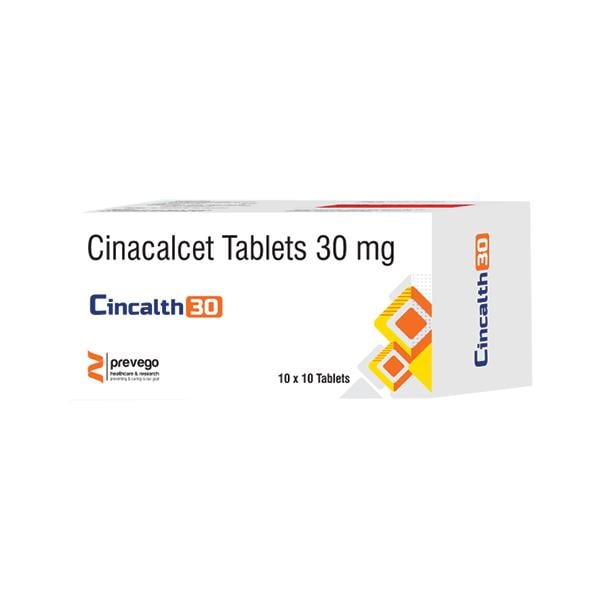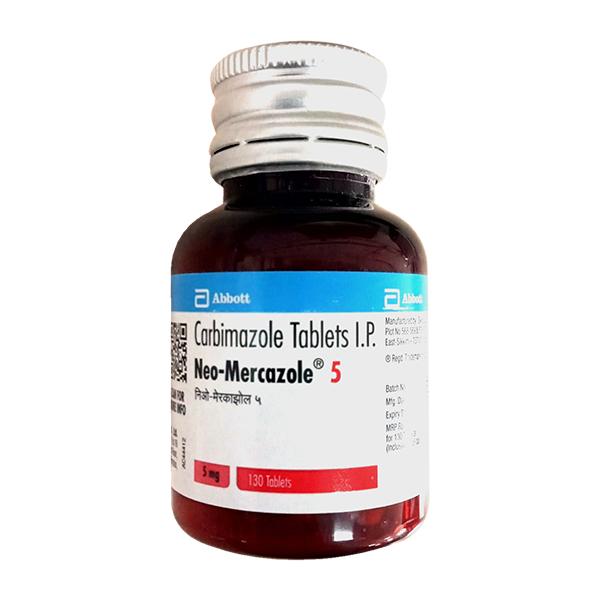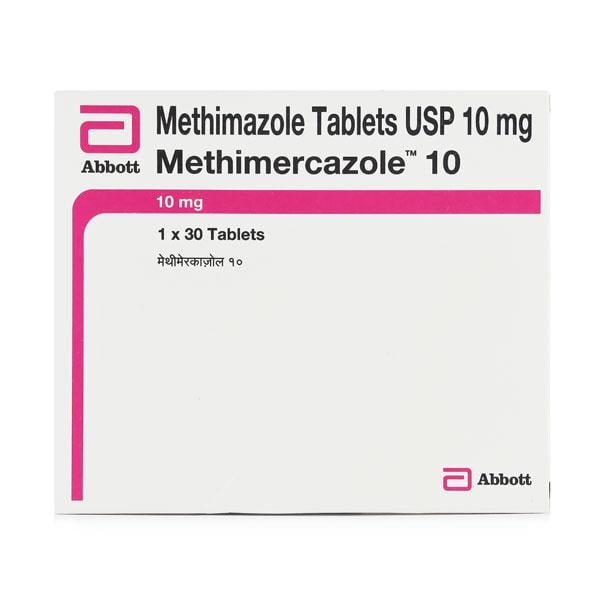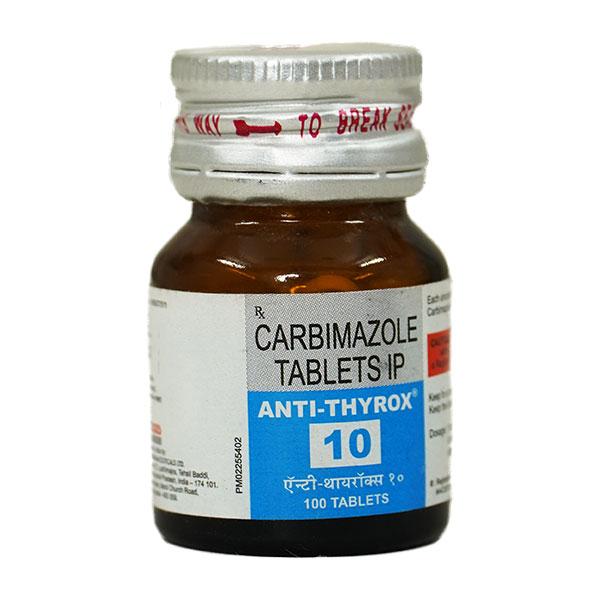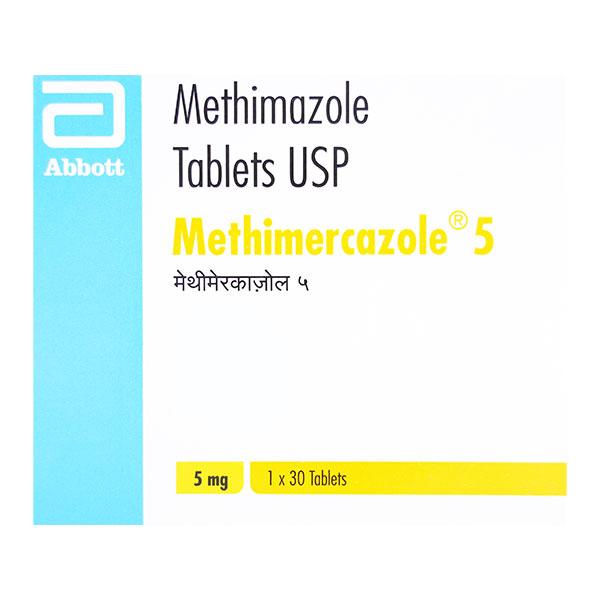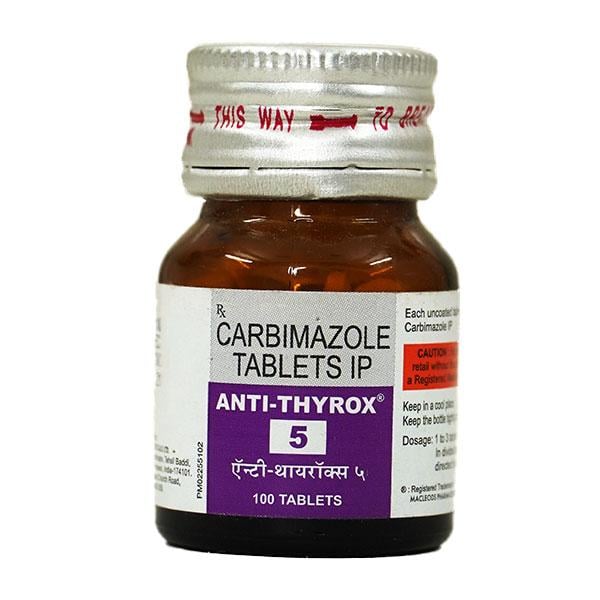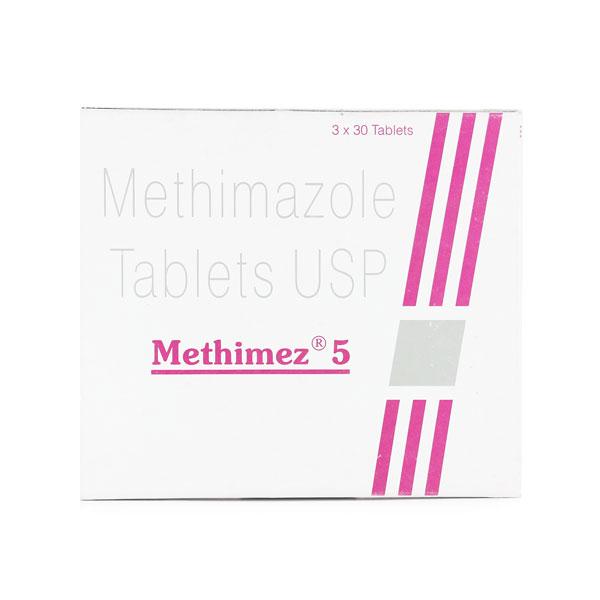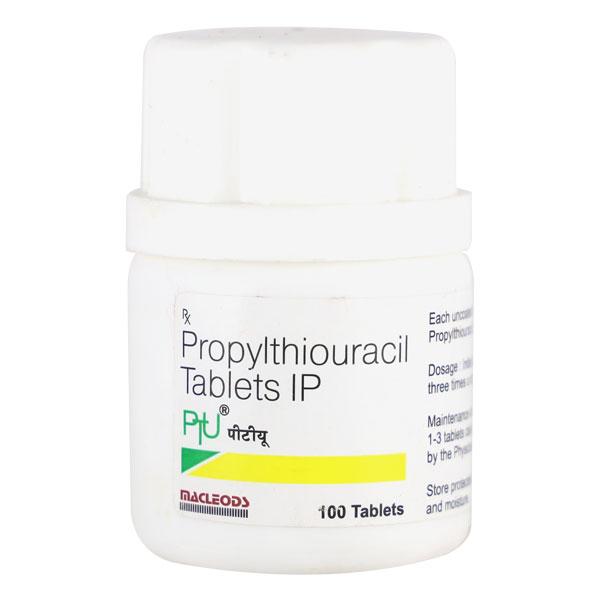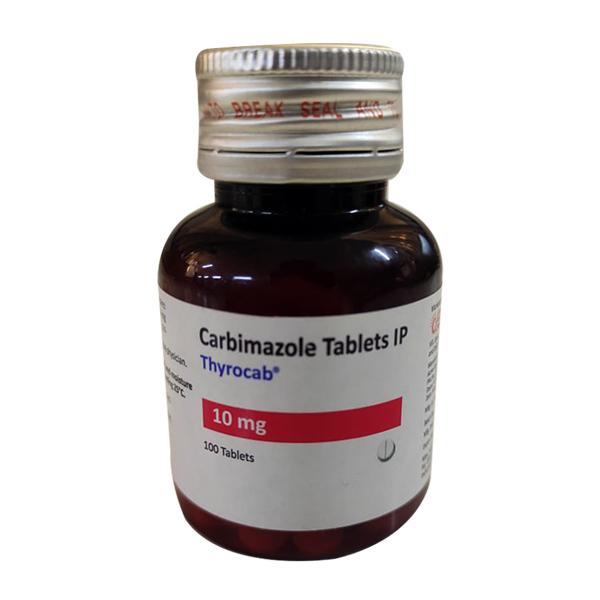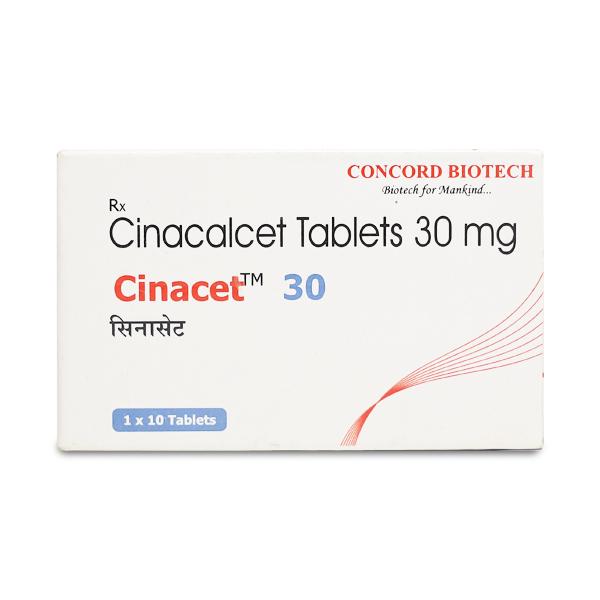


Hyperthyroidism Medicines
Showing results in 'Hyperthyroidism Medicines'
CINCALTH 30 Tablet 10's

Hyperthyroidism - Overview
Hyperthyroidism is a medical condition that occurs when the thyroid gland produces excessive amount of thyroid hormones (such as thyroxine, triiodothyronine). This can lead to a variety of symptoms, including weight loss, rapid heartbeat, nervousness or anxiety, increased sweating, tremors, and difficulty sleeping. Hyperthyroidism can also cause other health problems, such as osteoporosis, heart problems, and eye problems. Treatment options for hyperthyroidism includes oral hyperthyroidism medicines and surgery to remove all or part of the thyroid gland.
Hyperthyroidism is usually observed in women from ages 20-40, with a family history of the condition. It is also observed in individuals with autoimmune diseases, previous thyroid problems, and stress. It can occur when you are pregnant, or if you have excessive iodine intake.
Causes Of Hyperthyroidism
Some causes of hyperthyroidism include:
- Thyroid nodules or inflammation
- Excessive iodine intake
- Medications such as amiodarone
- Thyroid cancer or pituitary gland problems (in rare cases)
Diagnosis
Diagnosing hyperthyroidism involves a thorough review on patient’s medical history, physical examination, and blood tests. Blood tests measure thyroid hormone levels, including TSH, T3, and T4. Elevated T3 and T4 levels, along with low TSH levels, indicate hyperthyroidism. Additional tests, such as thyroid antibody tests or ultrasound may be done to determine the underlying cause. A comprehensive evaluation helps confirm the diagnosis of hyperthyroidism and guides appropriate treatment planning.
How To Treat Hyperthyroidism
Treatment usually involves the use of medicines that controls the production of thyroid hormone. Hyperthyroidism tablet like methimazole and propylthiouracil are most popularly used medication for hyperthyroidism.Itis essential to take these medications as prescribed by the doctor and to have regular follow-up appointments to monitor the thyroid hormone levels and the effectiveness of the treatment. With proper medication and monitoring, hyperthyroidism can be effectively managed, and patients can lead a healthy life.
References:
- https://www.niddk.nih.gov/health-information/endocrine-diseases/hyperthyroidism
- https://www.mayoclinic.org/diseases-conditions/hyperthyroidism/diagnosis-treatment/drc-20373665
- https://www.pennmedicine.org/for-patients-and-visitors/patient-information/conditions-treated-a-to-z/hyperthyroidism-overactive-thyroid
- https://www.mayoclinic.org/diseases-conditions/hyperthyroidism/symptoms-causes/syc-20373659#:~:text=Overview,and%20rapid%20or%20irregular%20heartbeat.


